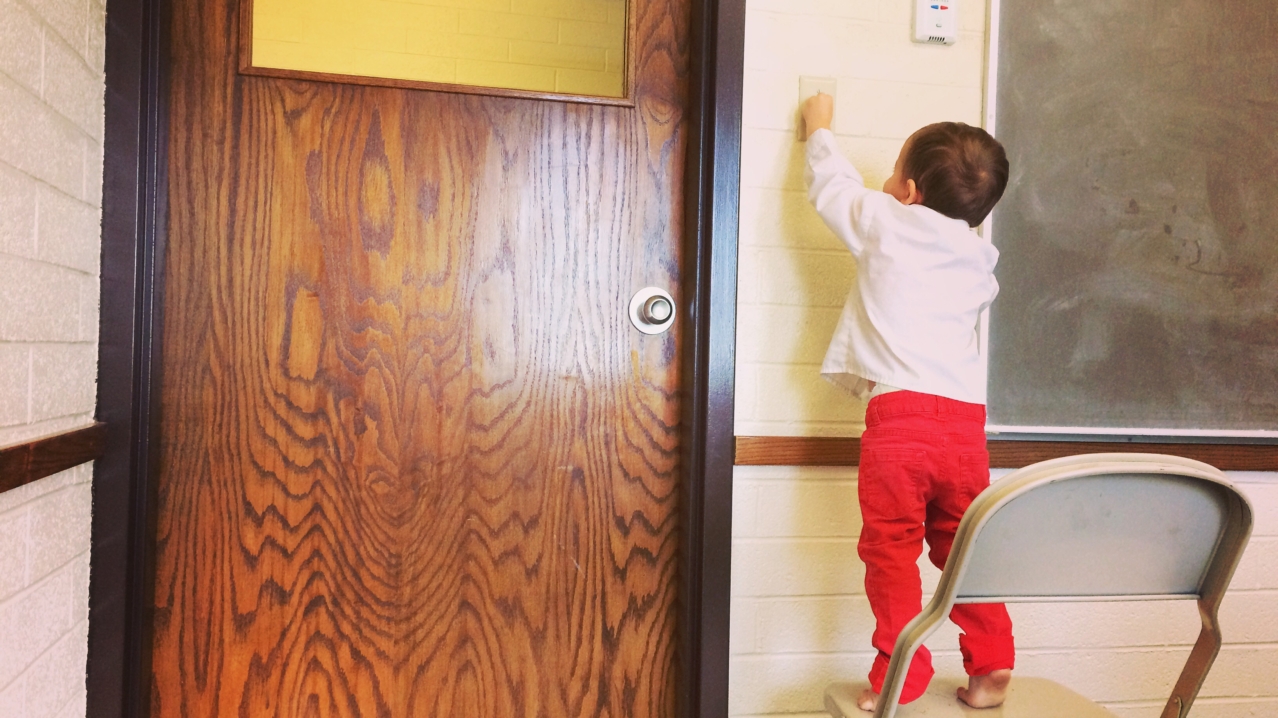Guest Blog Post by Katherine May, Ed.D., BCBA Automatic Reinforcement: Auto = Self! Automatic reinforcement refers to reinforcement that occurs independent of the social mediation of others. Response products that function as automatic reinforcement are often in the form of a naturally produced sensory consequence that, “sound good, looks good, tastes good, smells good, feels good to touch, or the…

Guest Blog Post by Dr. Katherine May, Ed.D., BCBA Tact Extensions: Once a tact has been established, the tact response can occur under novel stimulus conditions through the process of stimulus generalization. In other words, there are many ways to label one stimuli. Skinner (1957) identifies four different levels of generalization based on the degree to which novel stimuli share…

Guest blog post by Dr. Katherine May, Ed.D., BCBA Behavior traps are powerful contingencies of reinforcement with four defining features: Clients are “baited” with virtually irresistible reinforcers Only a low effort response already in the clients repertoire is needed to enter the trap Interrelated contingencies of reinforcement inside the trap motivate the student to acquire, extend, and maintain targeted skills…

Earlier this month, I took the Behavior Analyst Certification Board (BACB) exam and became a board certified behavior analyst (BCBA). I had already been practicing applied behavior analysis (ABA) for more than a decade and doing case management. Due to a series of life events and fear, I just never sat for the exam. After spending months in my house…

Response Class v. Behavior Repertoire Response class and behavior repertoire are two terms that may appear on your board certified applied behavior analysis (BCBA) qualification exam. They are simple yet often overlooked terms. Response Class Response class refers to all the behaviors that serve the same function. This is regardless of whether they are perceived to be “good” or “bad.” …

What is a behavior? A behavior refers to any interaction between an organism and its environment that changes the environment in some way. For example: Clapping your hands, walking, making dinner, ordering a pizza, sleeping, sneezing. Anything that a dead person could not do is a behavior. An inanimate object cannot engage in a behavior. For example, a paper blowing…

Parsimony simply means that when conducting a scientific experiment to always choose the most simple explanation. The classic example, “If you hear hoofbeats, think horse — not zebra.” Here are some examples of parsimony in ABA terms. Every day after school, Joe gets off the bus, walks into the kitchen and cries. His mom gives him a cookie as soon…

Why Conduct Baseline Probes The purpose for conducting baseline probes is to establish a control in an experiment. In order to know whether or not an intervention (independent variable) changed a behavior (dependent variable) you would need a reference as to how often the behavior occurs prior to starting an intervention. You can learn some other very important things when…

Applied behavior analysts seek to change socially relevant behavior by manipulating the environment to make a behavior occur more or less often. To do so, applied behavior analysts require two features of a behavior and make two assumptions about a behavior. Features: Behavior is individual In applied behavior analysis (ABA) a feature of behavior is that ALL behavior is individual.…

Experimental control is the degree to which the same intervention can be shown to have a predictable effect on behavior. The point of experimental control is to demonstrate a functional relationship between a behavior (dependent variable) and intervention (independent variable). In applied behavior analysis, (ABA) behaviorists are constantly validating that interventions work by analysis and experimentation. If a behavior change…

